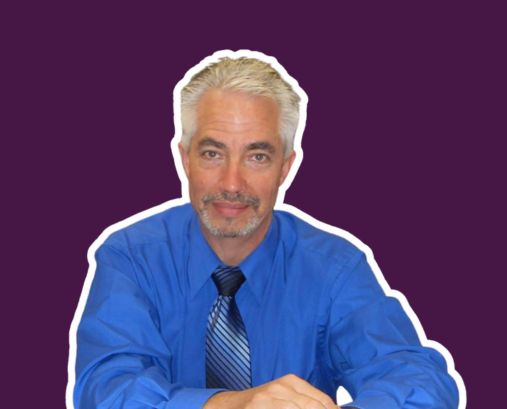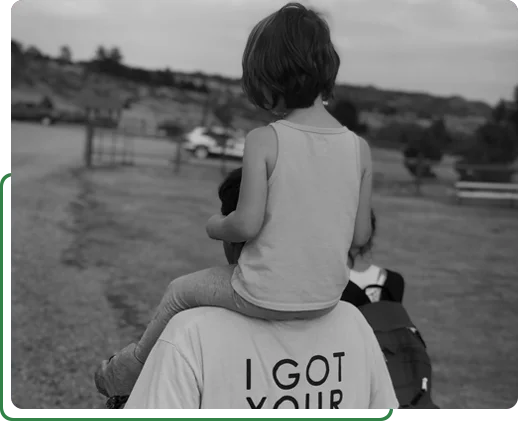Tim Lutz has held a number of roles in education. He has been an English teacher, school counselor and a school principal before being hired as superintendent. After fourteen years as a superintendent, Tim retired in 2022… for ten whole days. Due to a severe shortage of school administrators in Minnesota, Tim was asked to step in as the interim superintendent at Red Lake School District for the 2022-2023 school year. That year has now turned into three years, and Tim is very grateful to have “failed retirement” and looks forward to rewarding and meaningful work every day in Red Lake Schools. Tim’s greatest enjoyment has always come from visiting schools, getting to know staff and students, and building relationships with them.
I see great value in this work because creating supportive networks for each other and for our students is crucial in helping all of us feel connected and significant. Our work with Networks of Support and Peer Leadership has created a drastically improved school climate in Red Lake Schools. Our students and staff feel more connected, more comfortable with each other, and have begun to trust each other resulting in a calmer, kinder school.





